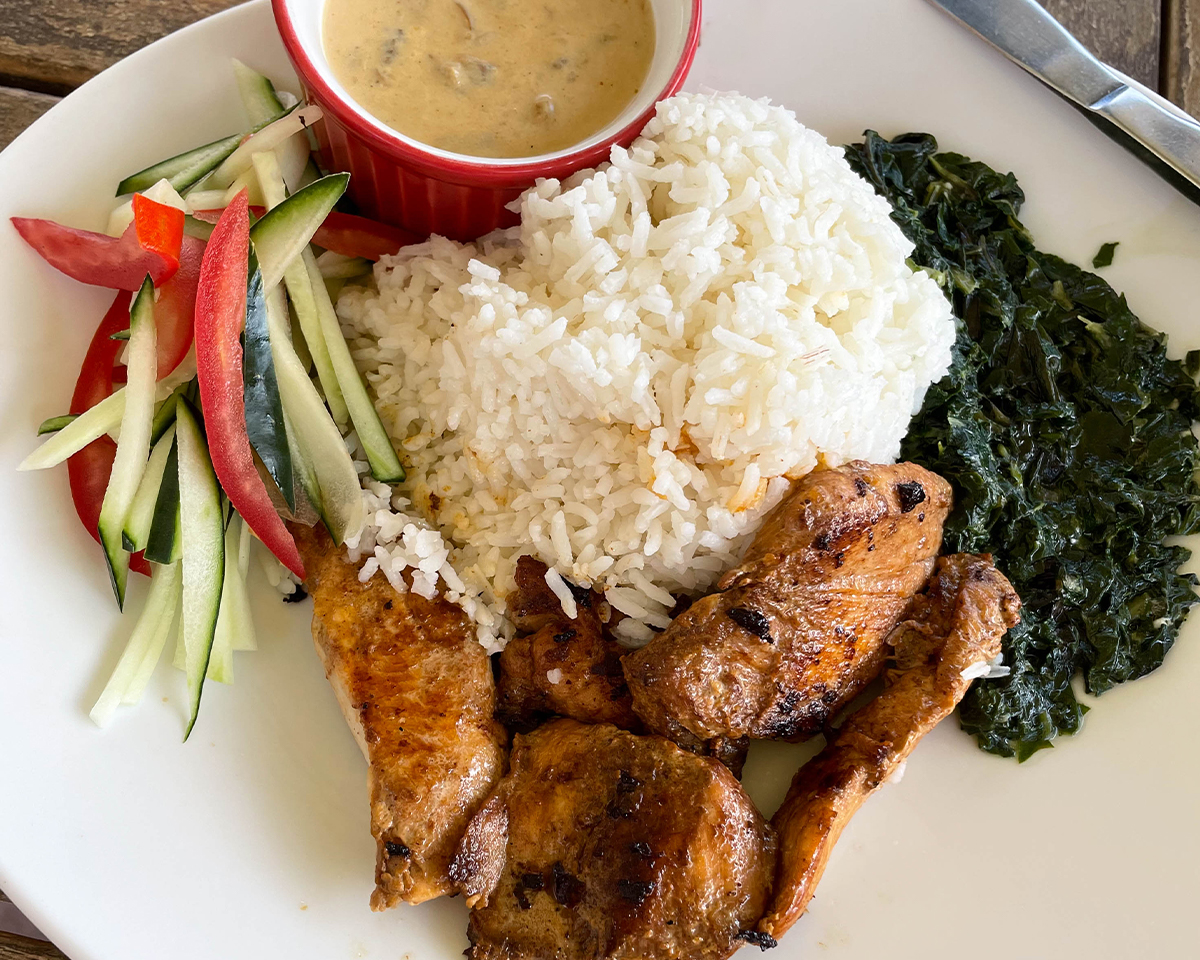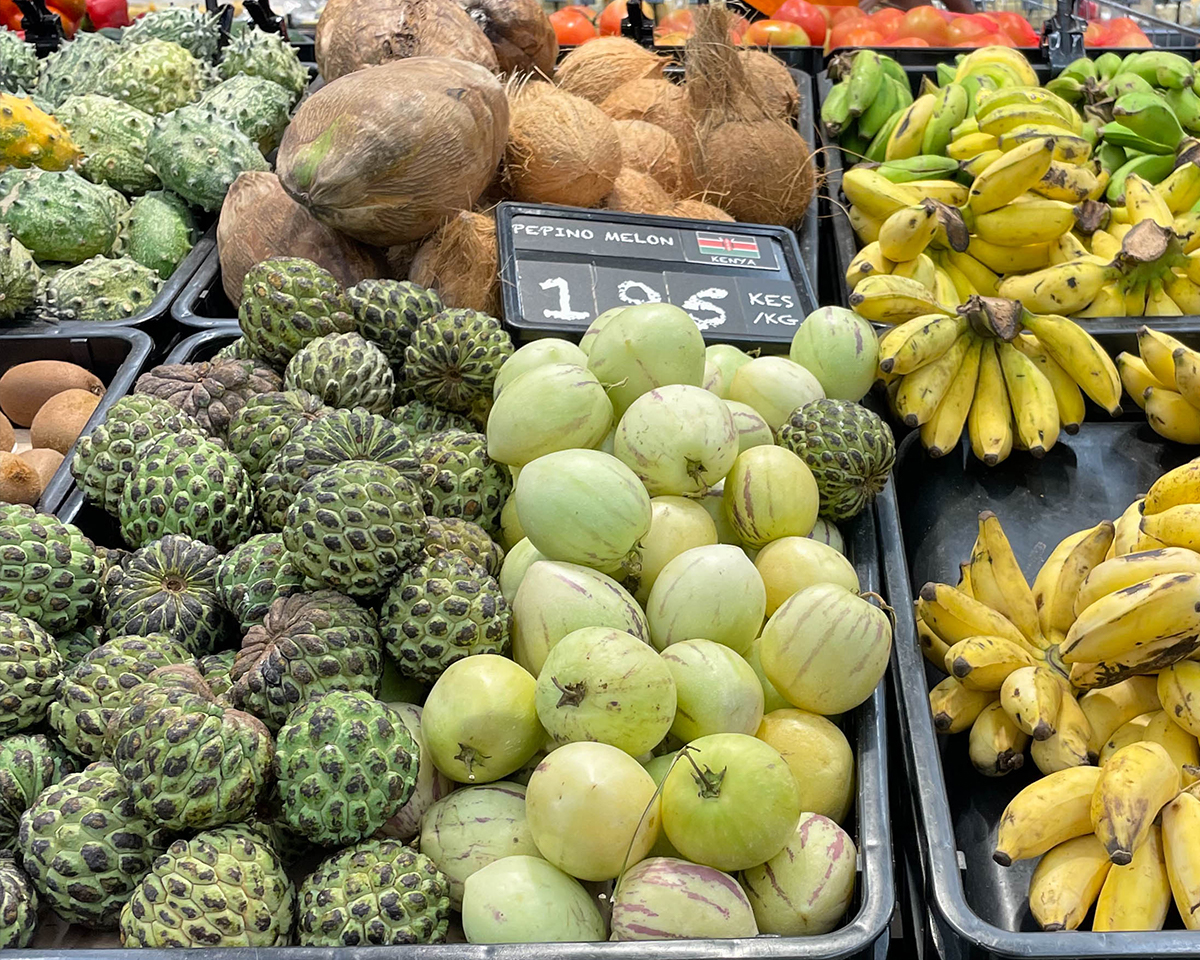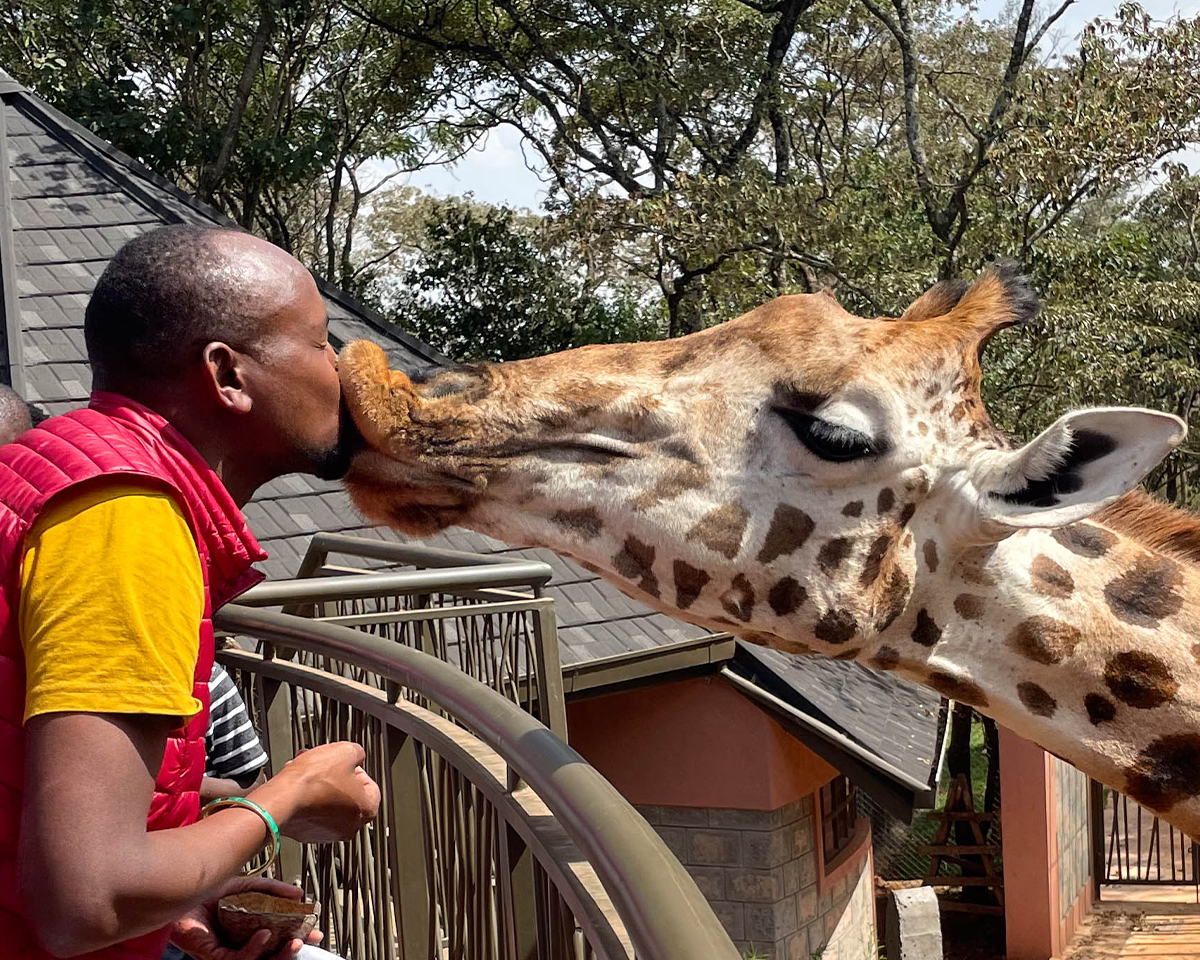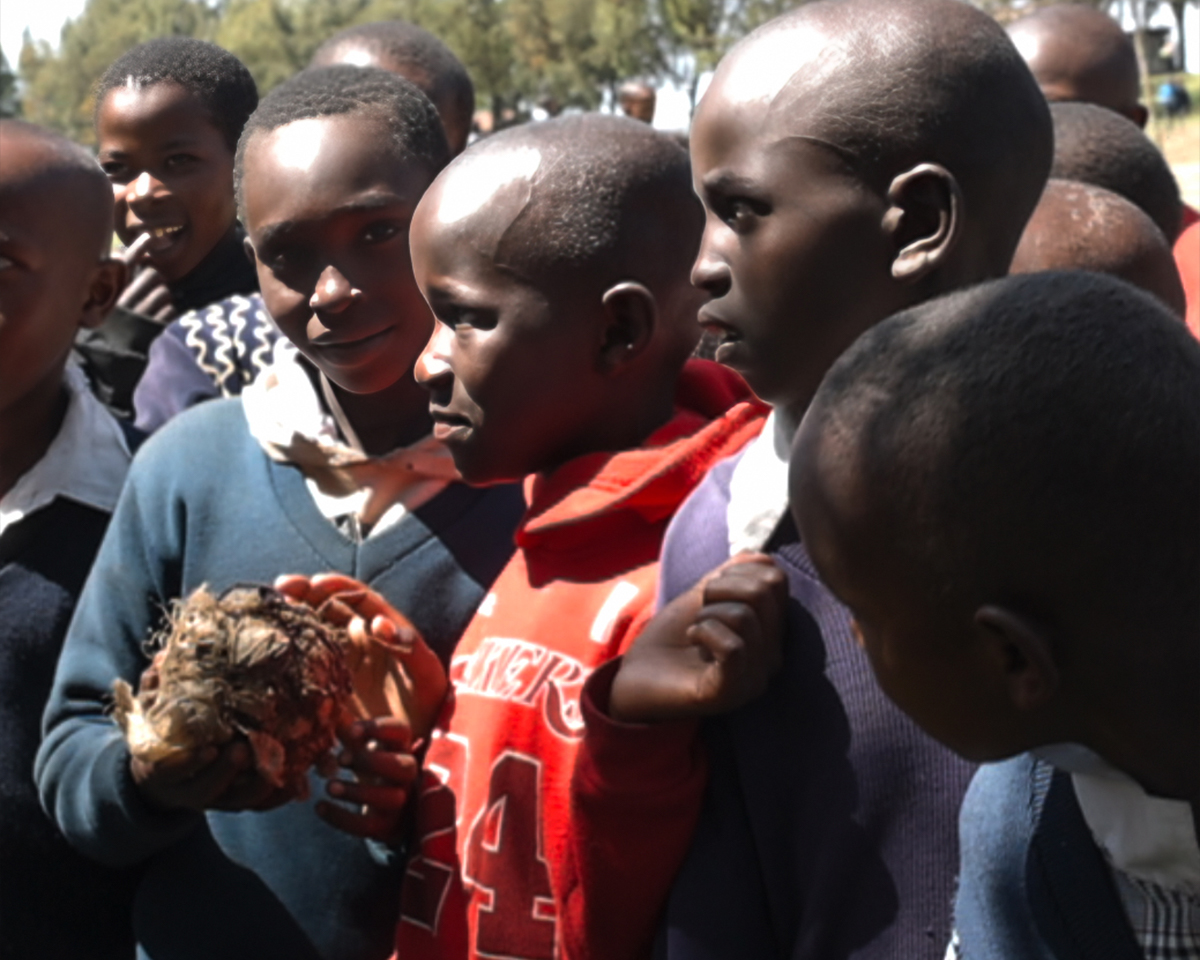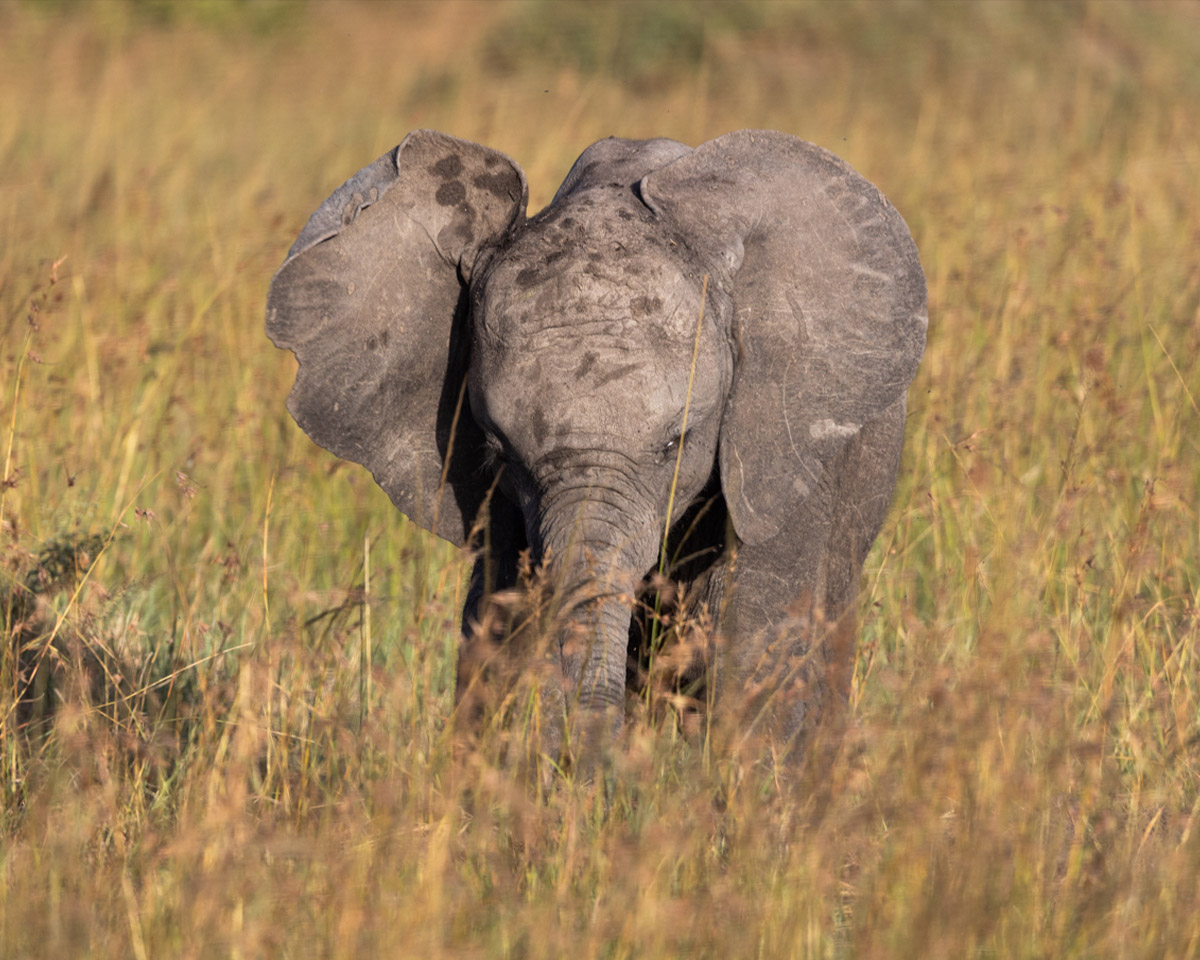Frequently Asked Questions
Travel Information
-
What is the best time to visit Kenya/Tanzania?
This depends on you. The dry/winter season is from June to September. In Kenya, this coincides with the Great Migration and the most famous river crossings. However, it's cooler (50s F, 10s C) and there are more crowds and higher prices (mostly in the Maasai Mara). October is low 60s (16 C) at night to high 80s (30s) in the day. December is high 70s (20s C) to mid 80s (30s C). etc.
In Kenya, the wet season is off and on from November to May. If it does rain, it's usually in the afternoon for an hour or two. This time of year has some charms of its own, with fewer crowds, lush green landscapes, and more babies on the Mara.
In Tanzania, the Serengeti is quite large, so the rainy season and the dry season move around. Approx. 70% of the Great Migration happens in Tanzania so most of the year you can see the vast herds. They follow the rains, so if seeing the herds is your goal, we go where they are. There are two rainy seasons—the heaviest rains are from mid-March to May. The shorter period of rain occurs from November to mid-January. And the dry season, with cooler (low 60s to high 80s) last from May to October. -
How do I apply for a visa?
Ensure everyone (even babies) has their own current passport with two blank pages and at least six months of validity upon arrival.
Most travelers will need a, eTA (Electronic system for Travel Authorization) as the new visa. Tanzania is currently still on the visa system. Both are easily applied for online. We will provide you with the links and can assist you with the application process if needed. -
Is travel insurance necessary?
Yes, it is REQUIRED to come on our tours. Travel insurance can cover unexpected events such as trip cancellations, medical emergencies, and lost luggage. Make sure you have the "cancel for any reason" if possible option.
-
What vaccinations do I need?
While there are NO vaccinations required for travelers from the U.S. and Europe, there are some recommended ones. If you are traveling FROM a country with Yellow Fever, a yellow fever certificate IS REQUIRED - even with just a layover (of 12 hours or more). We advise checking online and with your local health clinic for up-to-date information.
Malaria prophylaxis is also recommended for certain areas. There is no vaccine for malaria, only pills. Some guests have used daily antibiotics while they're here and some have used immune boosters. This is to your discretion.
WE ARE NOT RESPONSIBLE IF YOU GET SICK, SO PLEASE TAKE SOME PRECAUTIONS. It's also no fun to be sick on vacation.
Tour Details
-
What is included in the tour price?
Our tour prices include everything you'll need on your tour once you're in Kenya: ALL lodging, meals, ground transportation, entrance fees, two+ dedicated guides, humanitarian project funds, and even some highlight photos of your trip.
Our prices do NOT include your International flights, passport, visas, travel insurance, vaccines personal medications, and personal services, or personal expenses. Alcohol is included when stated. Unlimited filtered water is always included! -
What are the accommodations like?
Depending on which tour you choose, we offer standard, mid-luxury, and upscale accommodations that are all hotels, camps, and lodges. All accommodations are chosen for their comfort, safety, and proximity to key attractions. They are all comparable to hotels or lodges you would find in America or Europe, but with African surroundings.
What is the food like?
Kenya was colonized by the British so you'll find a lot of British style cuisine. Many of the accommodations we stay at are Muslim or Indian owned so there will also be some ethnic dishes available from these nationalities as well. Chicken, beef, lamb, rice, ugali (like palenta), and chipati (tortilla) are the typical Maasai meals. So, there is usually a mixture to choose from.
What are the toilets like?
Most of the ones you use will be sit down and flushable. -
What should I pack for my trip?
A detailed packing list will be provided upon booking - as well as information on "What to expect on your flight" and "What to expect once there".
-
How safe are the safaris?
Safaris are generally very safe. Kenya and Tanzania are popular tourist destination with millions of visitors annually with very little problem. Both O.D. and I are experienced guides who also will prioritize your safety at all times. We follow protocols to ensure a safe and enjoyable experience for everyone.

